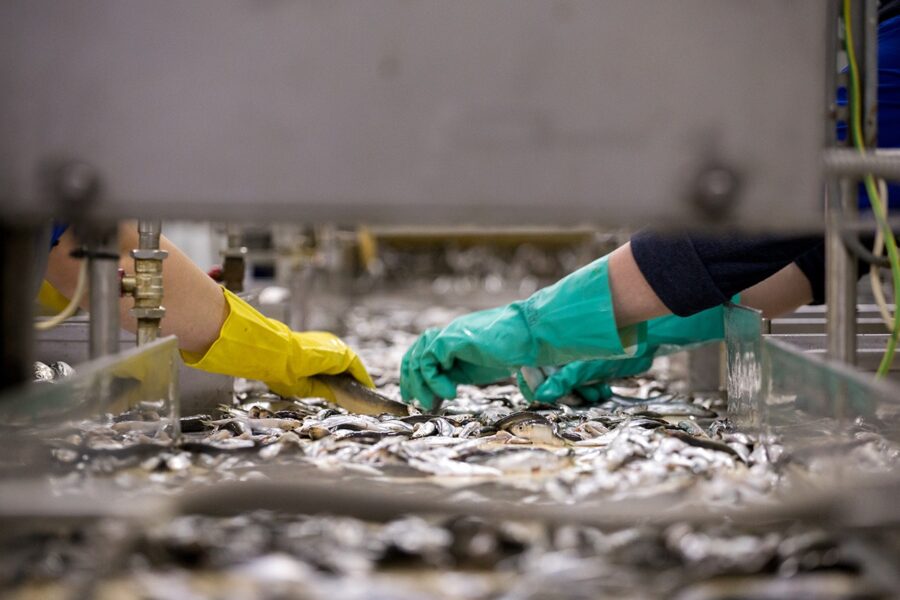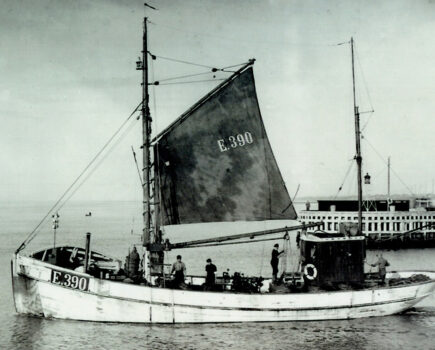Businesses need to rise to the climate challenge – but so do governments, says the team at leading processor Young’s Seafood
Earlier this year, the Blue Food Assessment highlighted the critical role that aquatic foods will play in global food security and nutrition, but also just how vulnerable they are to the impacts of climate change. This, coupled with the ‘code red’ outlined in the IPCC Sixth Assessment Report, paints a bleak picture of our world’s future without significant and urgent change.
The impacts of climate change are already starting to become more apparent within the seafood supply chain, from more frequent extreme weather events impacting landings and supply to regime shifts in stocks creating more challenges for management.
Whilst the UK government’s legislation for net zero by 2050 is an important step in driving change, it seems that the rise of conscious consumers in the marketplace has led to many businesses and brands, particularly those in the retail space, imposing tighter deadlines on meeting this goal.
At Young’s, we are extremely aware of our role in reducing our environmental impact through emissions, and since 2015, we have reduced our operational emissions (scope 1 and 2) by 52.5%. We understand that there is still much more to be done through the whole value chain, from improving the availability and accuracy of data to the importance of adopting and implementing science-based targets that align with the IPCC recommendations.
Whilst seafood as a whole has a positive story when it comes to its emissions, we cannot simply rest on our laurels. As an industry, we should endeavour to collaborate on this shared challenge and be leaders in sustainable food production.
The importance and impact of COP26 therefore cannot be understated for seafood, and our industry should demand significant action be taken by governments to deliver meaningful change at a global scale.
The Blue Food Assessment is a high-level international collaboration that brings together over 100 researchers looking at all aspects of aquatic food production.
One key finding of the work is that increased fisheries and aquaculture production is possible and sustainable, and by 2030 could prevent undernutrition in an additional 166m people worldwide.
A summary of the work is available here.
This article is from Fishing News’ special feature on industry responses to the climate crisis as part of the COP26 conference in Glasgow. Subscribe to Fishing News here or buy the latest single issue for just £3.30 here.








